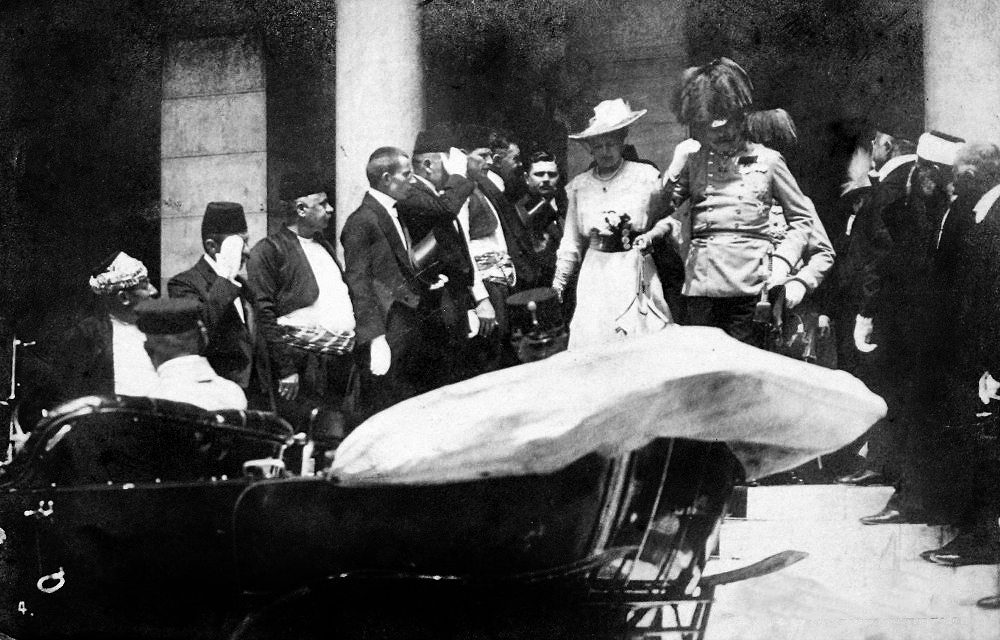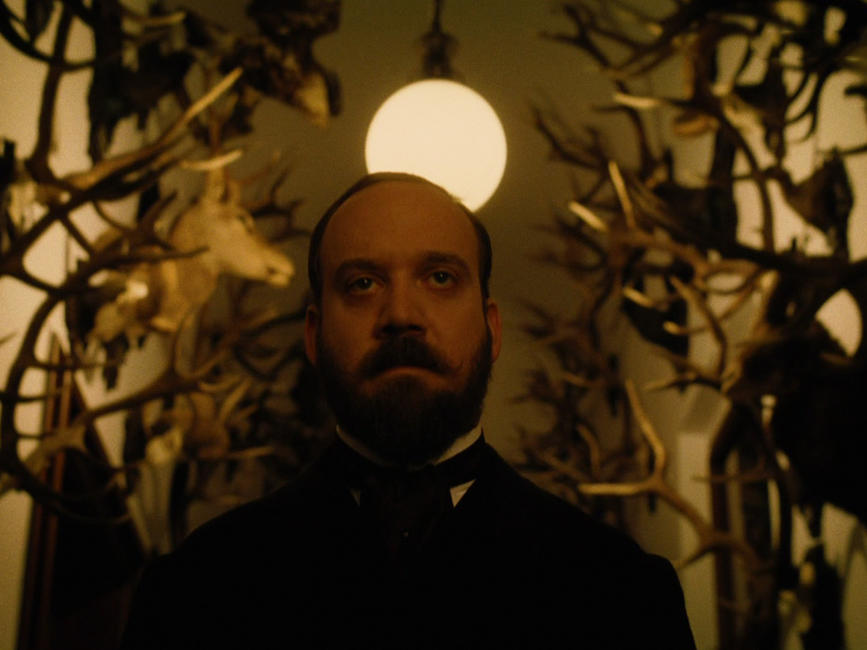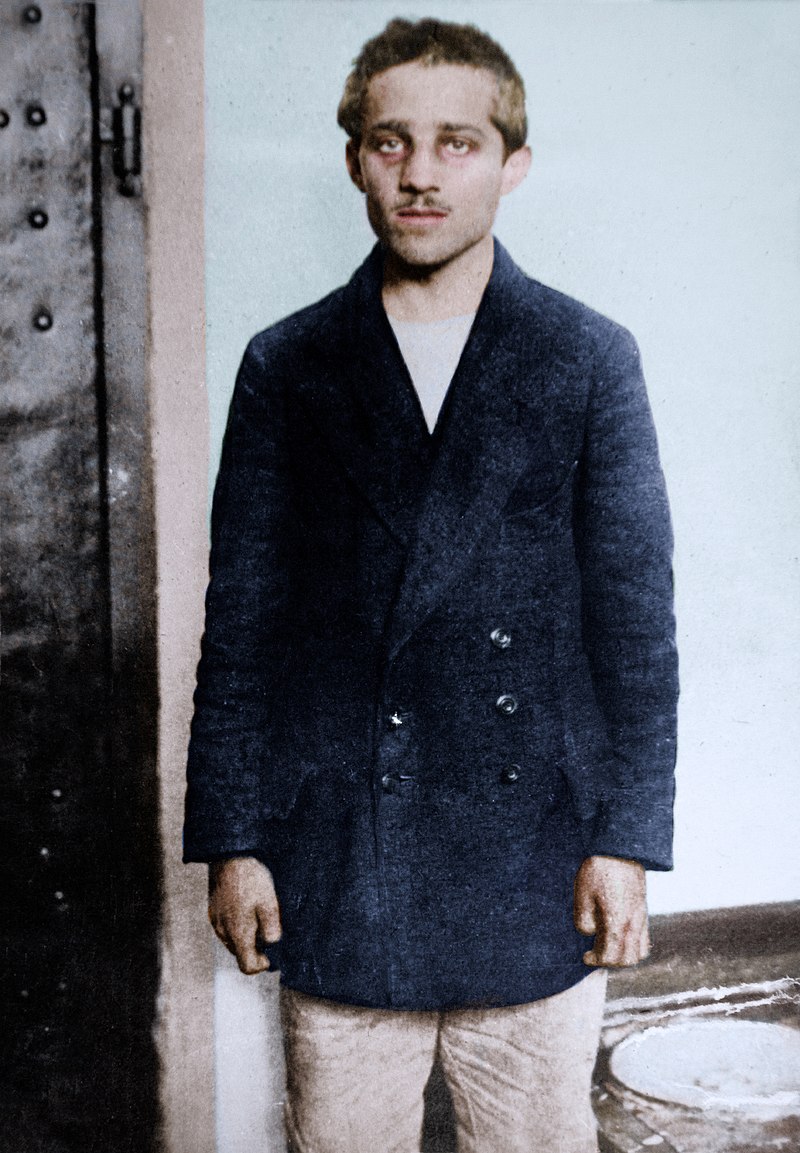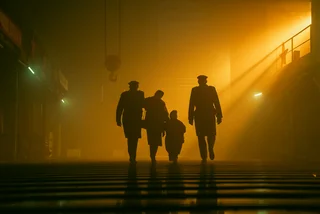This is an update of a 2014 article.
A Bohemian love story
- The Archduke met his future wife, Sophie Chotek, daughter of a Bohemian noble family, at a ball in Prague.
- They married in Zákupy in northern Bohemia in 1900 but the event was snubbed by the Vienna social elite including the disapproving Emperor Franz Josef who fondly referred to Sophia as a scullery maid and held such an imperial-sized grudge that he didn’t attend the funeral either.

- During the period of their secret courtship, Franz Ferdinand and Sophie exchanged hundreds of letters though none survive. The reason for their mysterious disappearance is unknown.
- The marriage was “morganatic” meaning that the Archduke would remain heir but his title would not pass to Sophie and their children would not be in line for the throne.
- Another condition of the marriage was that Sophie often could not sit beside Franz Ferdinand at official functions. The ill-fated trip to Sarajevo was one of the rare occasions when Sophie was allowed to do so—it was also their wedding anniversary.
- The bullet that killed the archduke is on display at Konopiště.
A sharpshooter, somewhat ironically
- The Archduke was a passionate, some may say, obsessive hunter and notched up 272,439 kills, among them deer, tigers, and kangaroos. He was constantly challenging fellow sharpshooters and usually won.
- He once boasted of killing 2,140 birds in one day.
- On a trip to Yellowstone where guns were banned, he was so determined to bring back a trophy that the resourceful aristocrat and his companions used sticks and rocks to get six squirrels, a skunk, and a deer.
- His final kill was an ordinary domestic cat on June 21, 1914, at his estate on Chlumec. From a parked car.
He left his mark on popular culture
- The Archduke appears to be the only assassinated public figure with both a band (Franz Ferdinand) and a beer (Ferdinand) named after them.
- The band Franz Ferdinand’s single release of “Take Me Out” featured a B-side, “All for You, Sophia” and mentions the assassin Gavrilo Princip, and the Black Hand, the secret society that was held responsible for the assassination.
PARTNER ARTICLE

- The archduke’s hunting chateau was used as a filming location for the 2006 film The Illusionist. It is currently the focus of restitution claims by Hapsburg descendants.
- He was depicted in the short-lived Young Indiana Jones Chronicles (1993).
Legends and conspiracies surround his life
- Not much the neighborly type, after purchasing Konopiště in 1887 the archduke closed many of its public paths and during the 1906 floods when the Sázava River overflowed the Archduke ordered the soldiers not to help the villagers but to protect his precious wine cellar.
- It has been said that Franz Ferdinand had premonitions of his premature demise. In fact, in 1913 he took down a rare white stag; according to Austrian hunting legends, any hunter who killed such an animal would die within a year.
- The car in which the Archduke suffered Princip’s fatal shot carried an inexplicably odd omen: the license plate read AIII 118. Many historians have pointed out the astonishing coincidence that this could be read as A (for Armistice) 11-11-18 or November 11, 1918: Armistice Day, the day that the war ended.
Princip’s legacy
- Because he was only nineteen years old and too young (by 27 days to receive the death penalty as decreed by Habsurge Law), Prinicp was sentenced to twenty years in prison.
- He was chained to a wall at the Terezín fortress in Norther Bohemia, which would become a concentration camp during WWII. He died there of conditions related to malnourishment in 1918.

- Prison guards took the body to an unmarked grave over concerns of his remains becoming relics for Slavic nationalists but the Czech soldier who buried him remembered the location when Princip was exhumed in 1920 and brought to Sarajevo where many consider him a national hero.












 Reading time: 3 minutes
Reading time: 3 minutes 




























